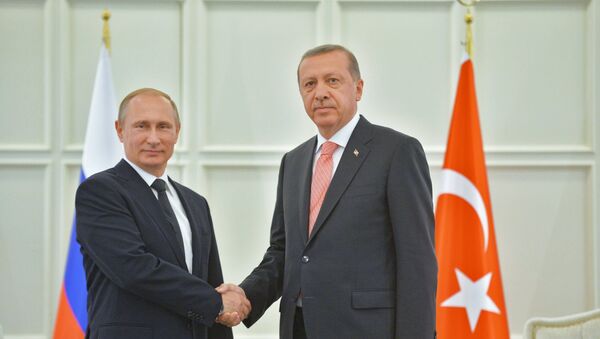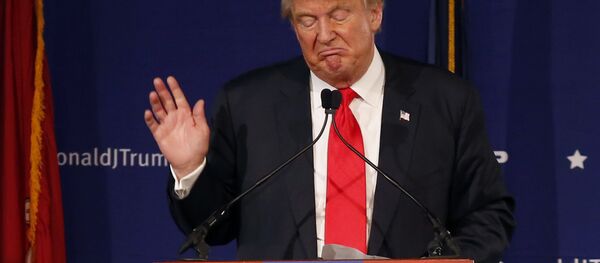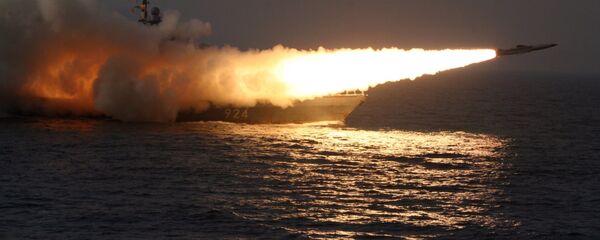Russian President Vladimir Putin met his Turkish counterpart Recep Tayyip Erdogan on the sidelines of the G20 summit in Hangzhou, China on Saturday to discuss the crisis in Syria as well as the continued process towards normalizing bilateral ties between the two countries at a time when Ankara finds themselves increasingly isolated from Washington and Brussels.
The process of rapprochement began in the wake of the failed coup in Turkey when Russia, despite a longstanding grievance over the unlawful and tragic shooting down of a Russian aircraft over the Turkish-Syrian border that resulted in the death of two airmen, provided its support to Ankara in their time of need whereas Turkey’s allies in the West waited first to see whether the coup would succeed.
Turkey has responded by encouraging renewed trade and military cooperation with Russia even offering to provide Moscow access to the Incirlik Air Base, the critical NATO facility built by the United States where America stores at least 50 B-61 tactical nuclear weapons, in order to facilitate Russia’s feverish air anti-terror bombing campaign in Syria.
Since the August 9 meeting in St. Petersburg, Russia has recommenced commercial flights into Turkey providing Ankara’s besieged tourism industry with a much welcome boost and the two parties have looked to cooperate in the Syrian frontier in order to stabilize the regime and oust the scourge of jihadist terrorism that has established deep roots just across the border from Turkey.
The Turkish President expressed his thanks to Russia for taking the steps to expand commercial relations once more. "First of all, I want to express my gratitude. Yes, charter flights have indeed restarted and the first flight took off yesterday (Friday)," said Erdogan.
"We see that Turkey is going through hard times. We are pleased that the political situation is returning to normal," said Putin. "We are aware that the country is fighting against terror and facing serious threats. Once the normalization is fully achieved, we will be able to move forward more quickly."
The two parties further discussed the development of joint projects in the energy sector. "There will be an opportunity to discuss energy issues, due to some developments in this area," explained Erdogan.
Ankara finds itself not only increasingly upset with the United States and Europe for their lack of response in the wake of the failed coup attempt, but more recently Turkey has become a source of indigestion for the Obama administration having moved to expand military operations in Syria that are said to be against Daesh (ISIS) terrorists, but have increasingly targeted US-backed Kurdish rebels.
Turkey views the Turkish YPG forces as a corollary to the PKK (Kurdistan Worker’s Party) terrorists that have long threatened the stability of the country. With the support of US forces in the fight against Daesh, the YPG have been able to secure a swath of territory just on the other side of Turkey’s border with Syria – a situation that the Erdogan regime sees as unacceptable given the recent national stress of the attempted government overthrow.





